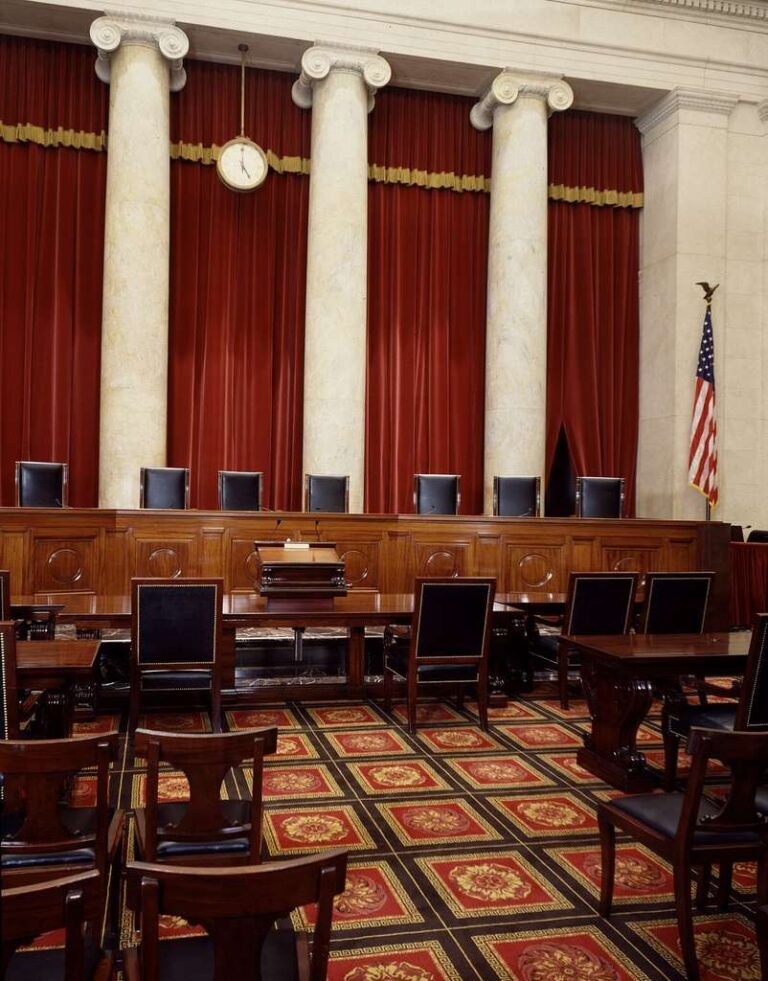Melissa Greenberg is a student at Harvard Law School.
The Upshot published an article describing the family-friendly policies states have taken action on in the past week. With the Trump Administration failing to make progress on its paid leave proposal, several states have stepped in to fill the gap. Oregon approved scheduling legislation. Washington voted to enact a paid leave law. New Jersey’s legislature voted to pass legislation increasing the paid leave time available in the state. In Rhode Island, both houses of the legislature voted to pass paid leave measures, but the two versions have yet to be reconciled. Read more here.
The New York Times reports that despite a “prolonged recovery that culminated in two years of record sales,” United States carmakers are eliminating jobs in the U.S. Automotive manufacturers are increasingly looking to move production overseas for less lucrative models. Payrolls are smaller after the recession, and car companies have found it easier to layoff workers with the elimination of job banks and the recent hiring of newer employees who are paid less and, as a result, have less expensive unemployment insurance. Although there have been job gains for workers at some companies, industry experts are not predicting substantial growth.
The Massachusetts Nurses Association is preparing to go on strike on July 12th at Tufts Medical Center after a breakdown in contract negotiations. The two sides plan to meet on Friday in hopes of averting the strike through last minute negotiations. Approximately 1,200 union nurses work at Tufts, but only a couple hundred are on shift at any given time. The hospital says it will employ 300 replacements in the event of a strike.
The New York Times reported that the European Union has put forth a non-binding advisory opinion stating that Uber should have to follow the same regulations as taxis in Europe. The EU case dealt with Uber’s operations in France and whether the company should be regulated as a service connecting users with cars or the company must comply with the same work rules as a taxi company. This legal blow is the latest set back in a string of public image and legal issues for the company. These issues recently lead Travis Kalanick to step down as CEO. Read more here.
In other Uber-related news, in London, the conflict between Uber and cab companies has taken on new meaning in light of Brexit. Reporting for the New York Times, Katrin Bennhold explored how this conflict “echo[s] the culture wars that fueled Britain’s vote last summer to leave the European Union — and that have brutally flared up again in recent weeks: immigrant versus native, old versus new, global versus national.” Read more here.






Daily News & Commentary
Start your day with our roundup of the latest labor developments. See all
October 8
In today’s news and commentary, the Trump administration threatens no back pay for furloughed federal workers; the Second Circuit denies a request from the NFL for an en banc review in the Brian Flores case; and Governor Gavin Newsom signs an agreement to create a pathway for unionization for Uber and Lyft drivers.
October 7
The Supreme Court kicks off its latest term, granting and declining certiorari in several labor-related cases.
October 6
EEOC regains quorum; Second Circuit issues opinion on DEI causing hostile work environment.
October 5
In today’s news and commentary, HELP committee schedules a vote on Trump’s NLRB nominees, the 5th Circuit rejects Amazon’s request for en banc review, and TV production workers win their first union contract. After a nomination hearing on Wednesday, the Health, Education, Labor and Pensions Committee scheduled a committee vote on President Trump’s NLRB nominees […]
October 3
California legislation empowers state labor board; ChatGPT used in hostile workplace case; more lawsuits challenge ICE arrests
October 2
AFGE and AFSCME sue in response to the threat of mass firings; another preliminary injunction preventing Trump from stripping some federal workers of collective bargaining rights; and challenges to state laws banning captive audience meetings.